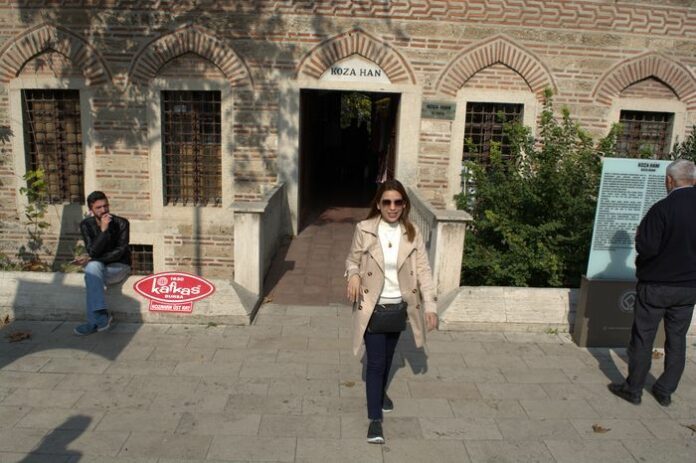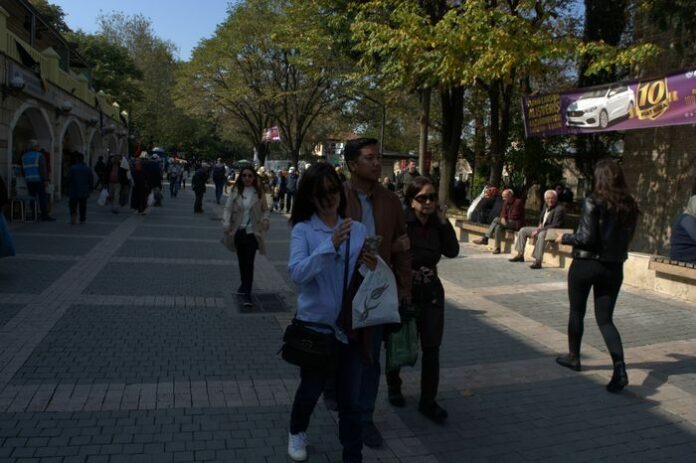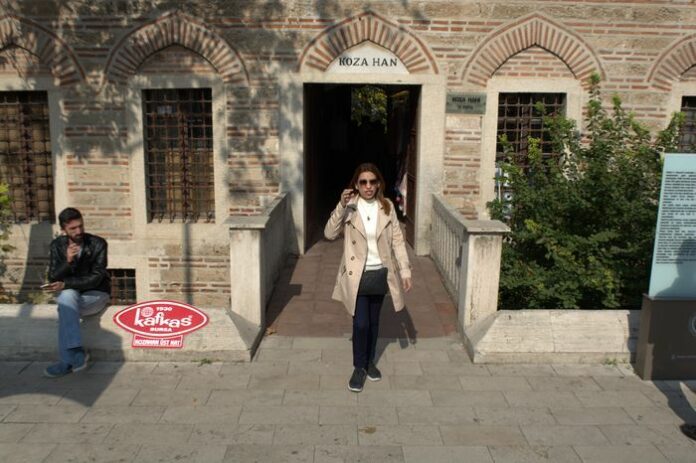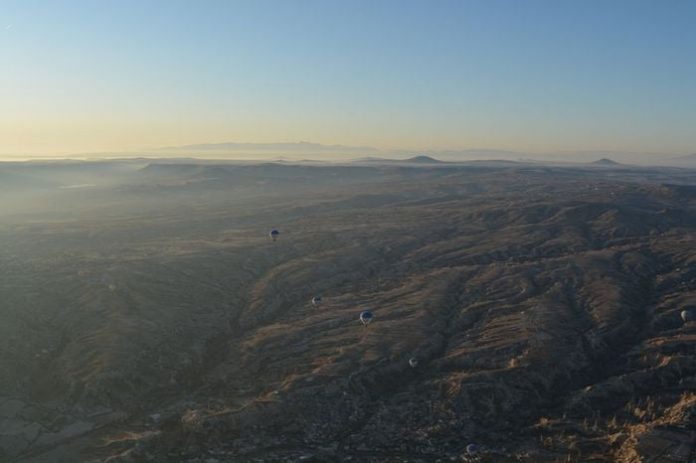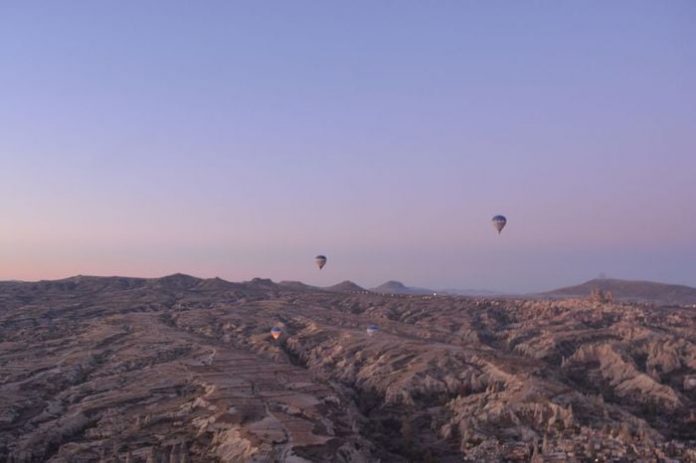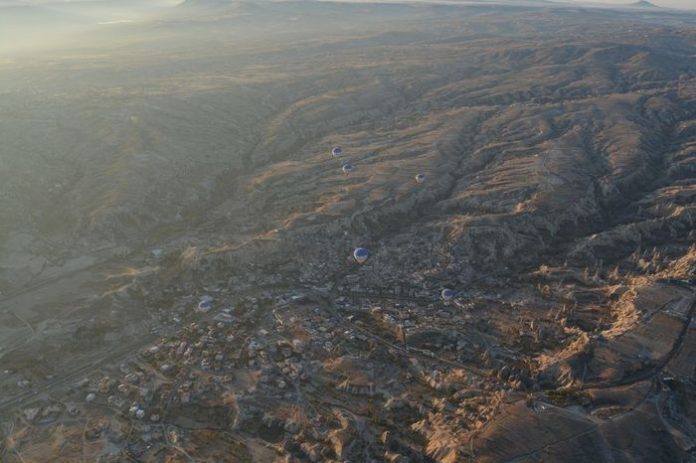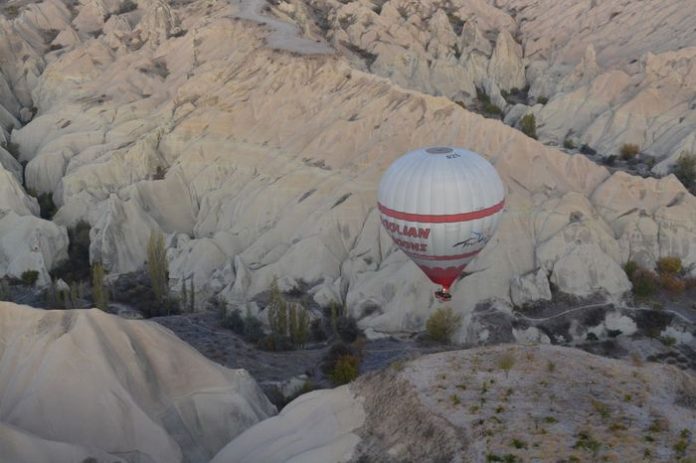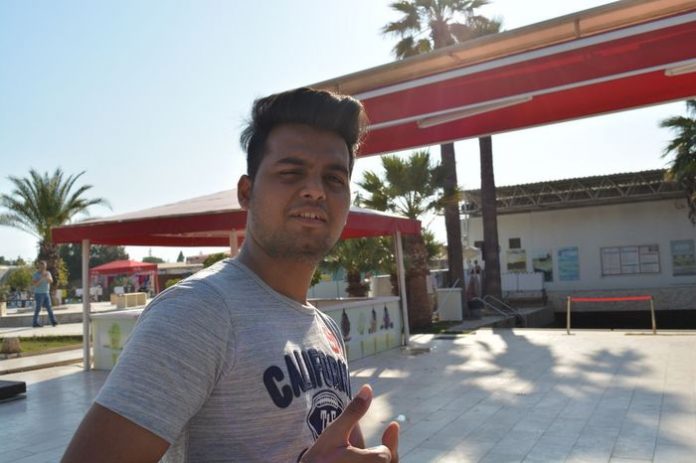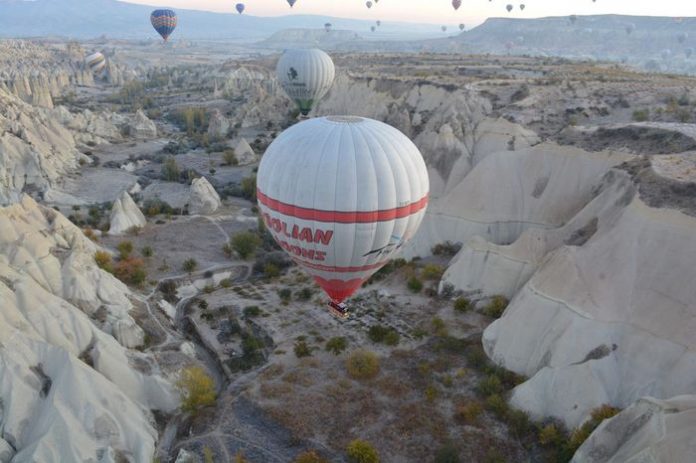Under the shade of a small, pretty kiosk, beside a plantation and overlooking a dry, yellow river with a dusty plain beyond, sat the Vali, surrounded by his staff. He looked the least lively of them all. He was a large, round-faced man who seemed tired and slow. His eyes were half-closed, and he spoke in a slow, lazy manner. Unlike the men around him, who wore bright and shiny medals on their coats, he had only two small orders pinned to his chest Borovets Bulgaria Tours.
Conversation with the Vali
At first, our conversation was formal and stiff. But soon, I began to see how things worked in Turkey. The Vali already knew about me. He knew when I had arrived and where I had eaten the night before. He even knew that my interpreter had been sent from Constantinople by Sir Nicholas O’Conor. It was clear that I had been watched. The Vali was interested in England and wanted to know about the differences between the House of Lords and the House of Commons A Visit from a Turkish General.
The Vali’s Longing for Europe
I said to the Vali, “You should visit England.” He sighed and replied, “I would give anything, even what I wear on my head, to visit Europe,” and he shrugged his shoulders.
Just like many other Turks, he would gladly give up his fez, the symbol of his nationality, if it meant he could leave Turkey. Although the Vali had an important position, second only to the Sultan, he was still a prisoner in his own land. He had been sent to rule Adrianople fifteen years ago, but he had never been allowed to visit Constantinople or even leave the city. He was a sad man, trapped in his role with no freedom to travel.
